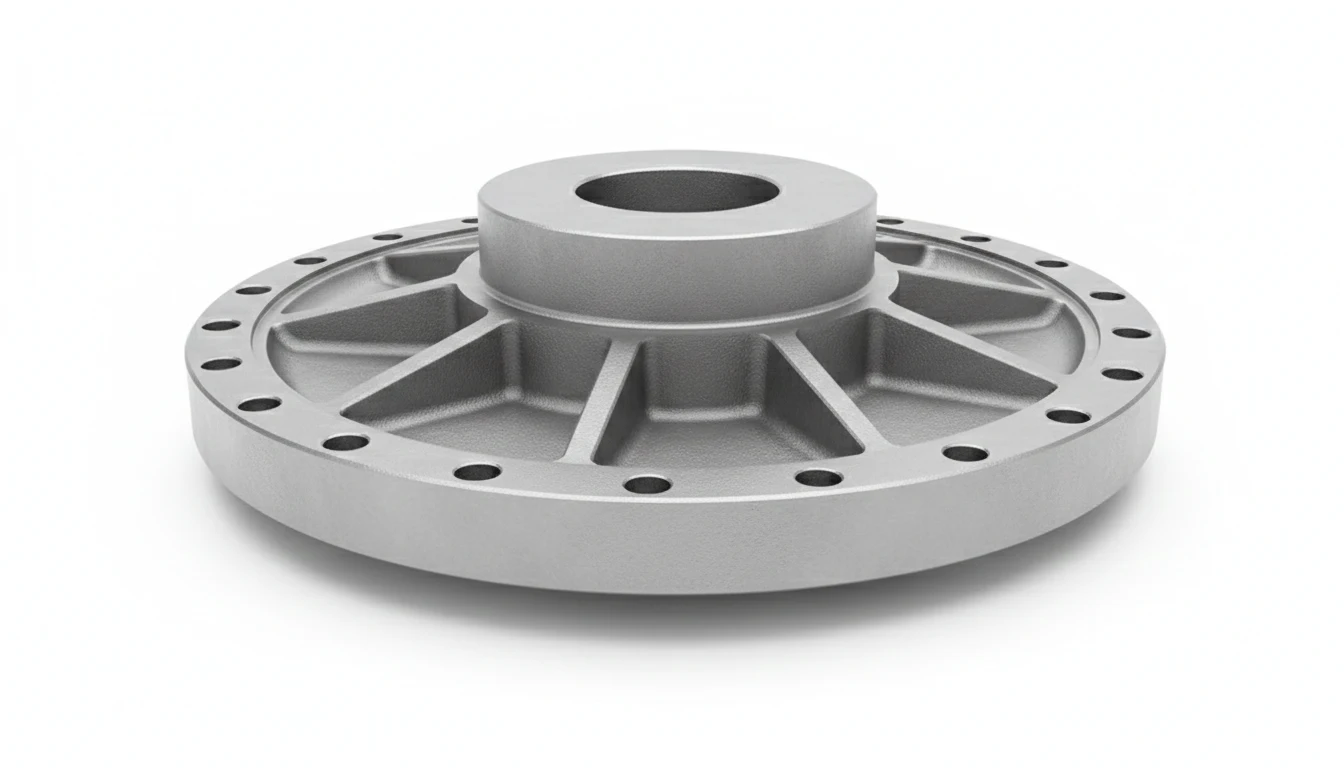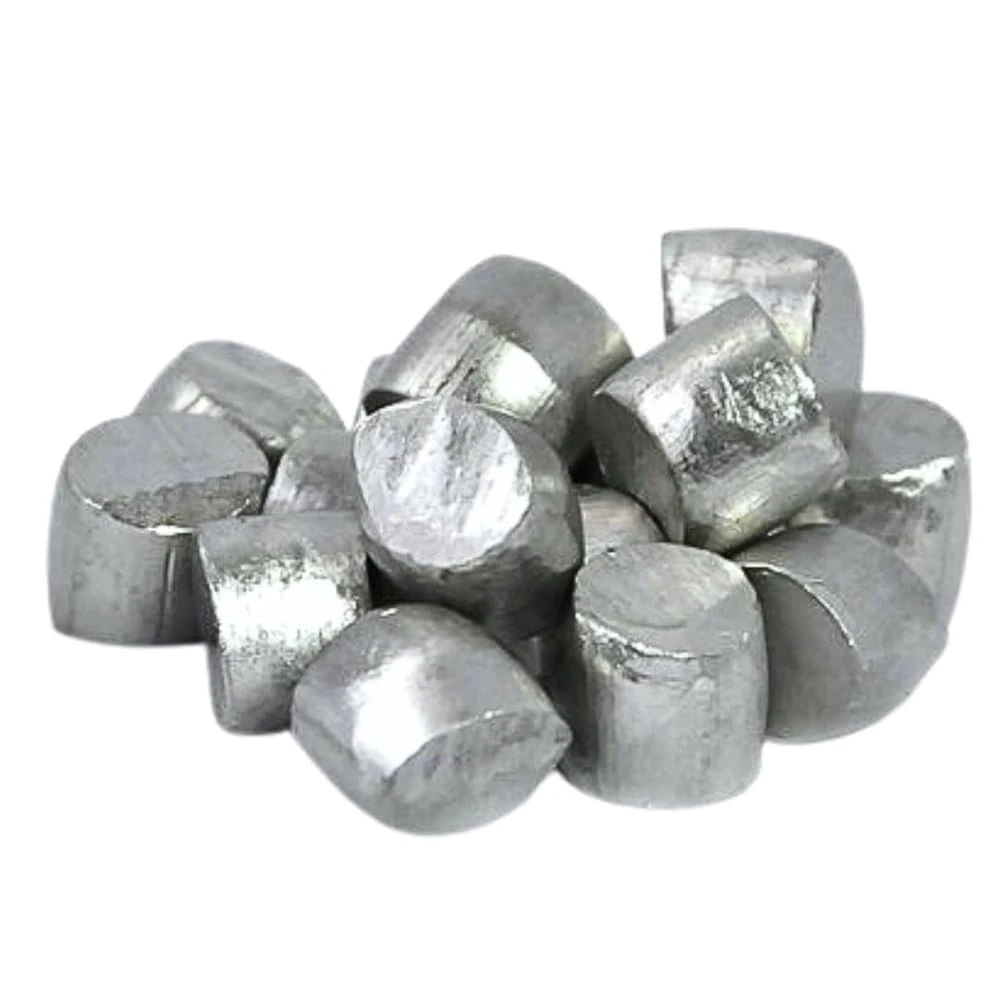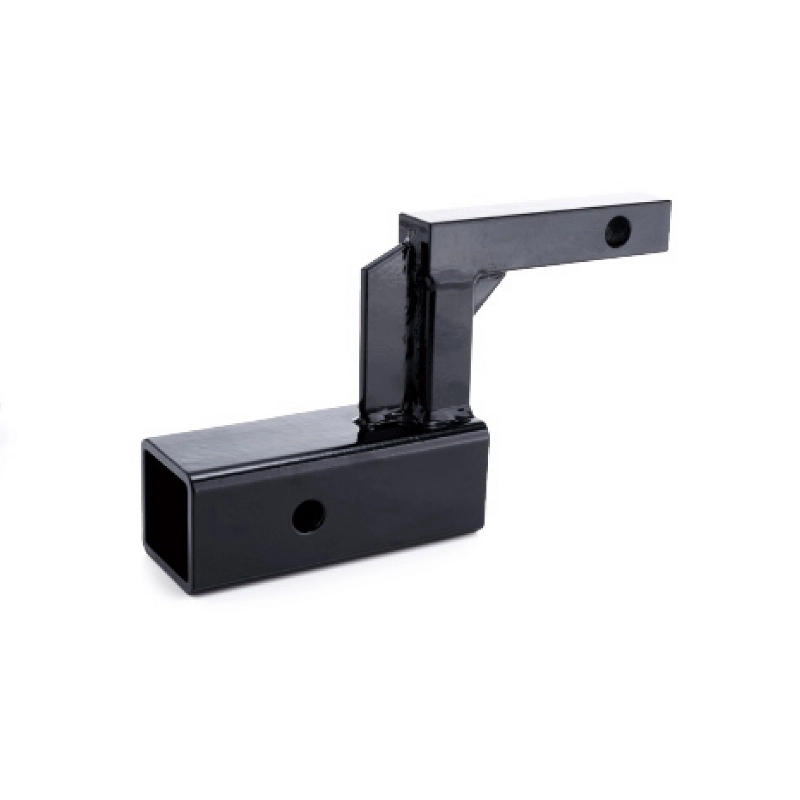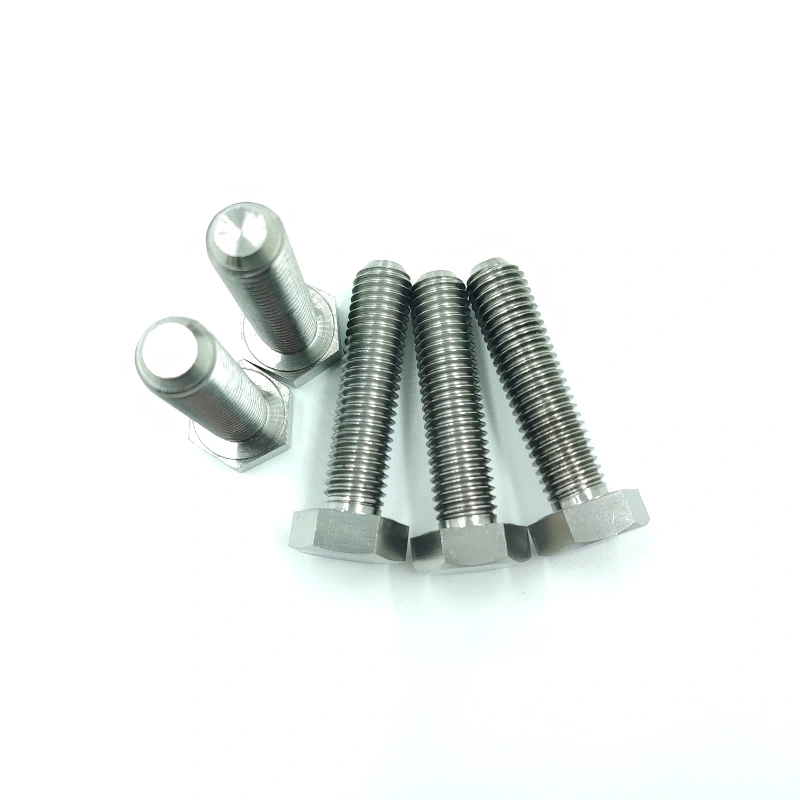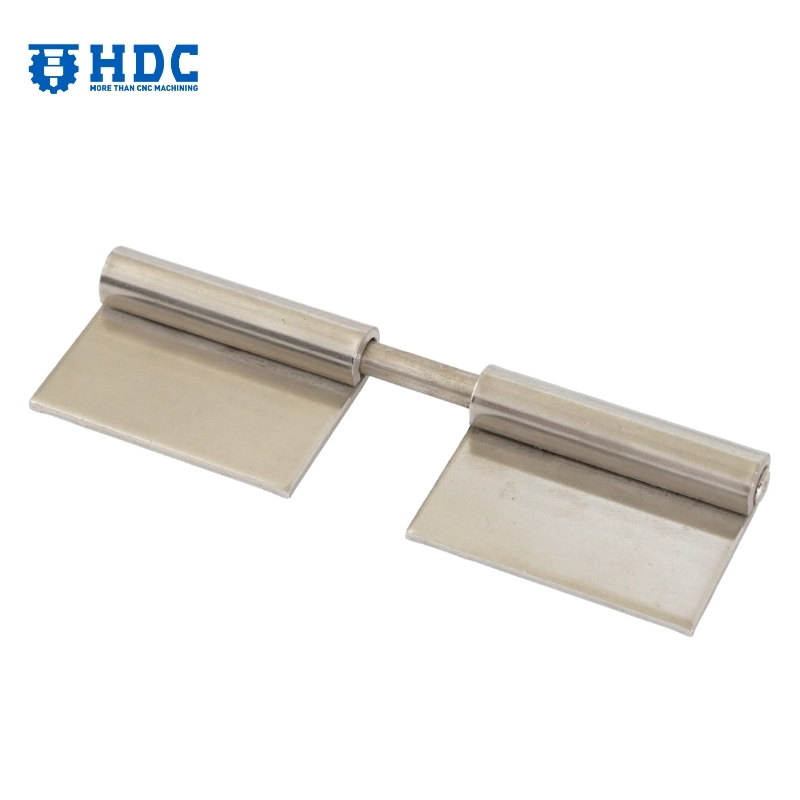Is aluminum safe? Is it toxic? Are aluminum pans safe? If you’re asking these questions because you’re unsure of whether aluminum is safe or not, then we got you!
In this blog, we’ll be exploring the truth behind aluminum and its safety. We’ll be answering some of the most common questions that revolve around it, so you don’t have to be the one to search for it!
Understanding Aluminum

Source: China Metal
Aluminum is an element with the symbol “Al,” and is considered the 3rd most abundant element. It occurs naturally, and it’s commonly used in many things we use today.
Whether it’s pure aluminum or aluminum alloy, you’ll find a lot of things with aluminum because of basically what it is and what it can offer.
It’s not naturally made to be ingested by humans. According to the Agency for Toxic Substances and Disease Registry (ATSDR), oral exposure to aluminum isn’t usually harmful. However, high levels of exposure is what’s toxic and fatal for humans.
Given all that, can we still consider it safe? Is it something that we can be stress-free from?
Is Aluminum Safe?
Yes, aluminium is considered to be generally safe in small amounts and if used in the correct way. Being the 3rd most common element, it’s abundan; you’ll usually see it everywhere and in many different aspects of life.
From the laptops and mobile phones you’re reading this from to the accessories and household items you have inside your home, aluminum will most likely be present.
While it’s generally safe, exposure to high levels of aluminum can be dangerous to your health.
Aluminum in Today’s World
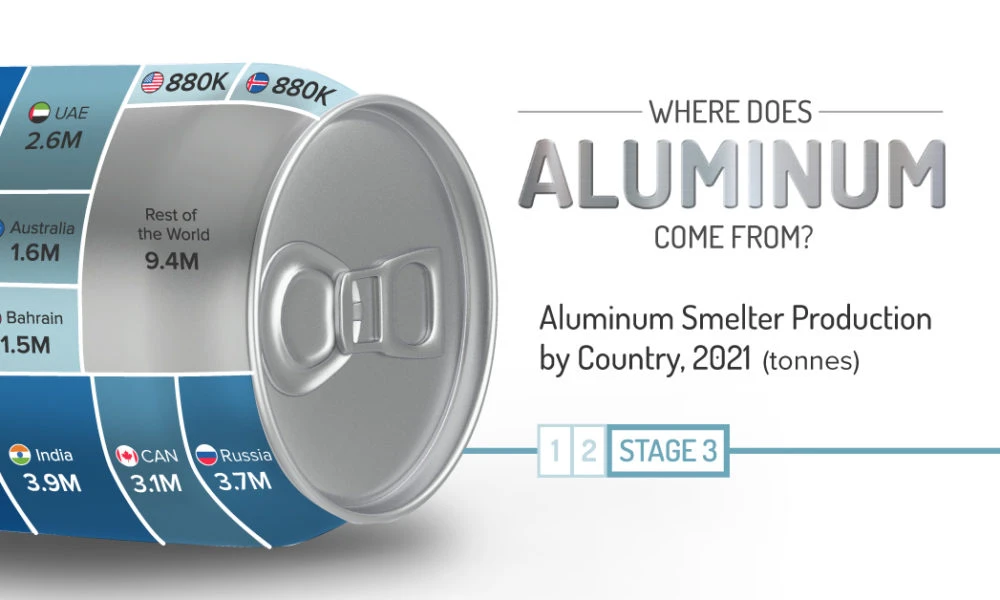
Source: Elements } Visual Capitalist
Today, you’ll find a lot of aluminum products from aluminum cookware, aluminum foil, and even furniture, transportation, and energy. To be frank, there are thousands, if not tens of thousands of products that contain aluminum, and that is not an exaggeration.
Because it’s common and abundant, people didn’t hold back in using aluminum to manufacture and produce regular and standard things.
In fact, the ASTDR says that adults in the United States ingest about 7mg to 9mg of aluminum daily via their food. Since it’s a naturally-occurring element found in the soil, some plants and fruits contain menial amounts of it.
When is Aluminum Not Safe or Toxic?
Now, this is where experts and scientists are the most concerned about. Exposure to harmful levels of aluminum often stems from environments where individuals live or work, as well as certain medical treatments.
Some of the most common sources of overexposure comes from the frequent use of aluminum-containing products, such as antacids, buffered aspirin, and even contaminated food or drinking water.
Are Aluminum Pans Safe?
Yes, aluminum pans are generally safe when used and maintained properly. Many people aren’t really aware of proper maintenance, and we’ll go to that in the latter part of this blog.
So, how can you be sure of the aluminum pan you’re using? There are a couple of things you need to take note of when using aluminum cookware:
- Use modern aluminum pans with anodized or non-stick coatings to reduce the risk of metal leaching.
- Avoid cooking acidic or salty foods in uncoated aluminum pans to prevent chemical reactions with the metal.
- Handwash aluminum cookware with mild soap and a soft sponge to avoid damaging the surface or coating.
- Steer clear of abrasive scrubbers to protect the integrity of the pan’s coating or surface.
- Regularly inspect your pans for scratches or wear, especially if they are uncoated, to ensure safe use.
- Store aluminum pans in a dry, clean area to prevent corrosion or damage over time.
These being said, it’s important for us to make sure that we are careful in using, cleaning, and maintaining aluminum pans not only for our safety, but also for the safety of the people around us.
Toxic Aluminum Exposure Side Effects
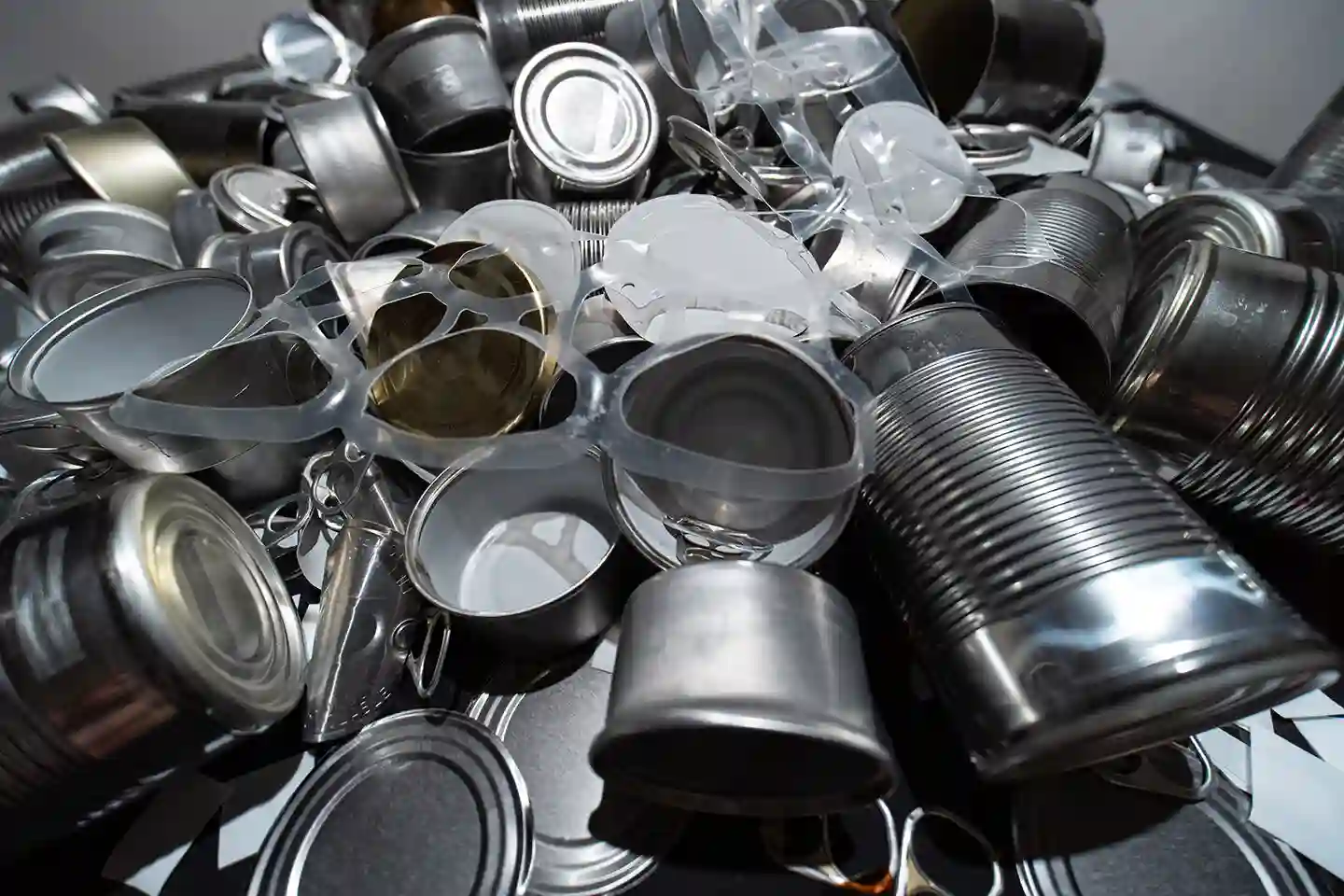
Source: EHS
Aluminum’s effects are controversial, and while there’s no solid evidence that supports the claims, experts have linked the following conditions to high-level aluminum exposure.
Alzheimer’s Disease
You’ve probably heard of this – the first negative side effect that research has explored is aluminum’s role in Alzheimer’s disease. Findings remain inconclusive, however.
Many studies suggest a link between high aluminum levels and increased rates of the disease, particularly through exposure from drinking water.
Animal studies indicate that aluminum may promote amyloid plaques formation and increase oxidative stress, which are associated with Alzheimer’s. While aluminum might not be the direct cause, it appears to make matters worse that impair brain function.
Potential Link to Breast Cancer
There is an ongoing debate about the connection between aluminum and breast cancer. Some studies suggest that aluminum-based antiperspirants may increase the risk due to their ability to absorb through the skin, particularly after shaving.
These compounds may interact with DNA or hormones like estrogen. Doing so can influence the growth of breast cancer cells. The thing is, more research is needed to confirm these findings and fully understand aluminum’s role in these situations and conditions.
Oxidative Stress and Cellular Damage
Aluminum exposure has been shown to cause oxidative stress, which may contribute to cancer development and other health issues. This is according to a 2012 study by Wiley.
Furthermore, the research also indicates that aluminum can substitute for essential minerals like calcium, magnesium, and iron, potentially leading to mineral deficiencies.
This bioaccumulation in the brain and other tissues highlights the need for further investigation into aluminum’s long-term effects on overall health.
Effects on Reproduction
And last but most definitely not least is its adverse effects in human reproduction. Although aluminum exposure’s impact on human reproduction is not entirely clear, animal studies provide answers and insights.
High doses of aluminum during gestation have been shown to delay skeletal and neurological development in offspring.
NOTE: Remember how aluminum is abundant and common? It’s present in small amounts in breast milk and infant formulas, but these levels are typically minimal and not considered harmful.
These are the possible adverse side effects of high-level, overexposure to aluminum. Take note, no solid evidence has been put out to further support these claims, but all have been linked to the source–aluminum.
Get the Best and Safest-Rated Aluminum From HDC
So, is aluminum safe? Yes, it is generally safe, when used correctly and wisely. However, many anti-aluminum advocates try their best to get their hands free from it as hard as possible.
Should you be in an industry where aluminum is a main requirement, don’t hesitate to reach out to us here at HDC.
For more than a decade, we’ve been handling all types of metals and alloys that are used flexibly in many industries. Whether you’re looking for carbon steels, stainless steels, nickel alloys, titanium, or aluminum, we got you!
Discover more with our blog posts.
Recent Posts
Discover more about our products
HDC Products
Instant Quote!



